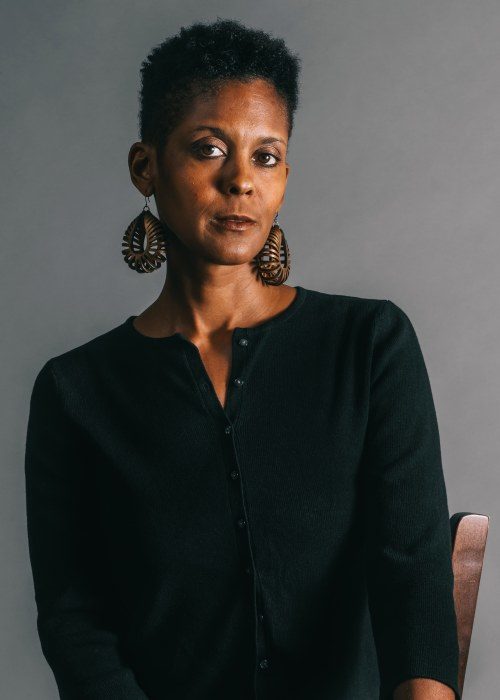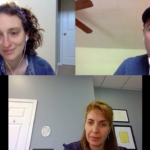Dani McClain believes motherhood is inherently political for black women.
As a journalist and author Dani McClain writes and reports on race and reproductive health policy and issues. She is a columnist for the progressive magazine The Nation, and recently published her first book, We Live For The We: The Political Power of Black Motherhood. Dani’s work is informed by years of reporting and research, including as a reporter for the Milwaukee Journal Sentinel and the Miami Herald. More recently her experience as the mother of a nearly three-year-old daughter has brought made this work deeply personal.
Black women in the United States are 3 to 4 times as likely as white women to die from complications related to labor and childbirth. Reading this statistic while pregnant with her daughter in 2016 motivated Dani to initiate conversations with other women to explore the unique challenges of pregnancy and motherhood that black women share. Her book is part memoir of her own mothering journey, part deep social analysis. She writes primarily for a black female audience, about the social structures and behaviors that provide support in the face of such a challenging reality.
Dani McClain – Links & Information
- DaniMcClain.com
- Dani’s author page at The Nation
- Buy Dani’s book – We Live For The We: The Political Power of Black Motherhood
- The Claudia Rankine NYT article we discussed: “I Wanted To Know What White Men Thought About Their Privilege. So I Asked.”
- Lydia’s On Ludlow
Living For The ‘We’
We talked with Dani about the tendency to frame race relations in America in terms of the black male experience, and how important it is to bring light to the concerns of black women. Not only are those women the mothers and partners of black men subjected to institutional violence, they’re also victims of (often sexualized) violence themselves.
We also spoke about exactly what it means to cultivate a career as a progressive journalist in the Midwest, and the challenges of navigating career and family as a single mother. Dani writes about the significant challenges black women face, framed through the lens of preserving a joyful childhood for her daughter. That challenge of “living for the we,” of thinking of the impact of one’s work and choices beyond ourselves, is an important lesson for all of us as we grapple with these questions, and as we learn to live together.























